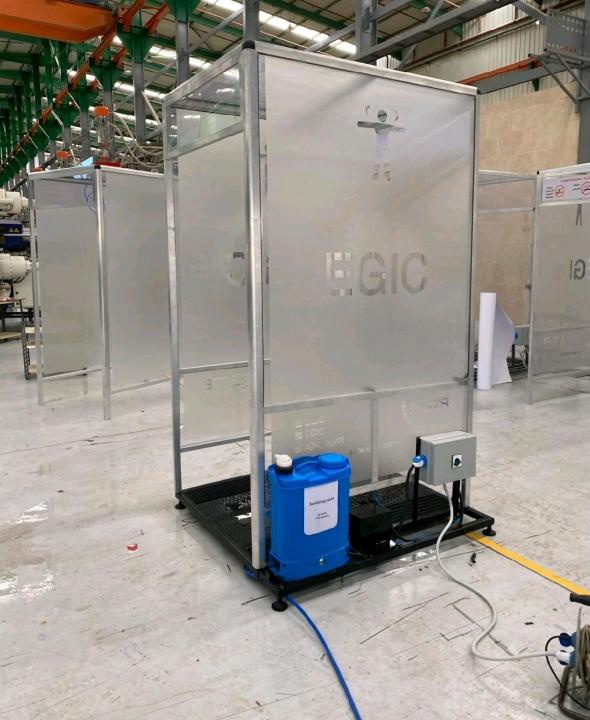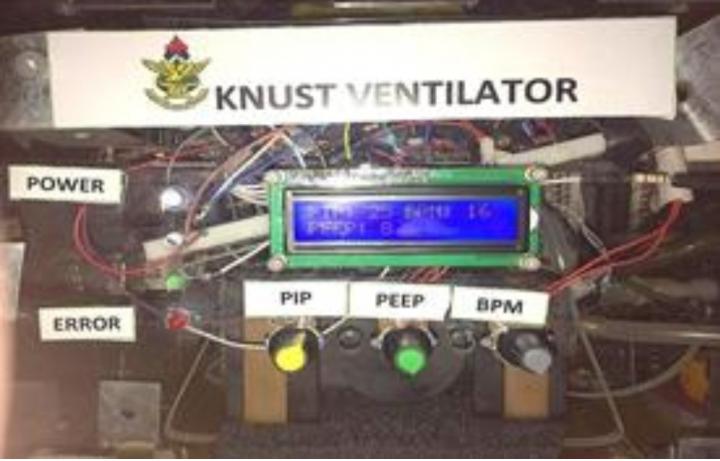Search Entries
As the COVID-19 pandemic wreaks havoc throughout the world, badly hitting both our health systems and economies, it also offers hope. It is lighting a tunnel that could boost the achievement of the African Union's Agenda 2063. The agenda, which is rooted in the ideals of Pan Africanism and is geared towards "an integrated, prosperous and peaceful Africa, driven by its citizens," has the African youth at its core. Young entrepreneurs in many African countries are challenged with inadequate support for their startups and are left vulnerable to stiff competition from international brands. In many cases, their businesses fail. Available statistics show that five out of ten enterprises close down in the first five years of operation [1]. Many reasons are behind this crash like poor planning, insufficient marketing, lack of management skills which leads to funding mismanagement, high-interest rate, and poor aftersales services.
Consequently, the idea of incubating small enterprises and early-stage business is very crucial. And nowadays across the continent, we have many incubators that offer technical consultancy and some seed funding. These actions will help small startups to stand on their own if supportive legal and regulatory frameworks are put in place. The COVID-19 pandemic has brought sprout up of the African industry. It was the stone that waves the water again and unleashes nationalism idea. In Egypt, for example, a private company designed and manufactured sterilization tunnels locally, and the government bought them [2]. The tunnels will be placed on the hospitals' entrance and exit to disinfect supplies and humans.

Figure 1: EGIC Sterilization tunnels
The same thing happened in Tunisia, where the government creates a partnership with a local company that manufactures security robotics. The robots were deployed to enforce lockdown restrictions and ensure that the citizens obey the rules. Where people are found to flout the rules, the robot relays their identification to the police for follow-ups and where necessary arrests [3].

Figure 2: Tunisian security robot
Also, students at the Kwame Nkrumah University of Science and Technology in Ghana have innovated a low-price ventilator [4]. Why can the Ghanaian government not support them to produce it in larger quantities and supply it to hospitals? Promoting them will also tackle the problem of unemployment, and in so doing, the government gets to kill two birds with the same stone. Even for the portable smart hand wash prototype in Benin [5]. Such a thing is crucial to be put in our crowded vegetable markets, so why not encourage mass production and supply it to the public? These and many others, such as the development of fast and cheaper testing kits as seen in Senegal and Ghana, are but few examples that demonstrate the innovative potentials in Africa.

Figure 3: Low price ventilator made in Ghana
For a long time now, we here in Africa have overly depended on foreign products, and producing our goods hasn't been a topmost priority for our leaders. But with this pandemic, we have become obliged to manufacture our products, and it will be useful to make it a trend to produce the things that we need. This approach will not just empower the youth but will also help us to reach the Africa We Want. One of Agenda 2063 pillars is the high quality of life for Africans, so how can we achieve it with a high unemployment rate? The agenda aims to transform African economies by building industries and value addition. Perhaps, this is our opportunity to take charge of our development and catch up with developed countries.
References
[3] https://www.bbc.com/news/world-africa-52148639
[4]https://newsghana.com.gh/knust-coe-designs-and-construct-ghanas-first-homemade-ventilator/
[5]https://www.youtube.com/watch?v=IjL3FplLl-c
Author Profiles
1. Rana is a MSc. Energy Engineering graduate from PAUWES.
2. Ihemnadia is a MSc. Energy Engineering graduate from PAUWES.

